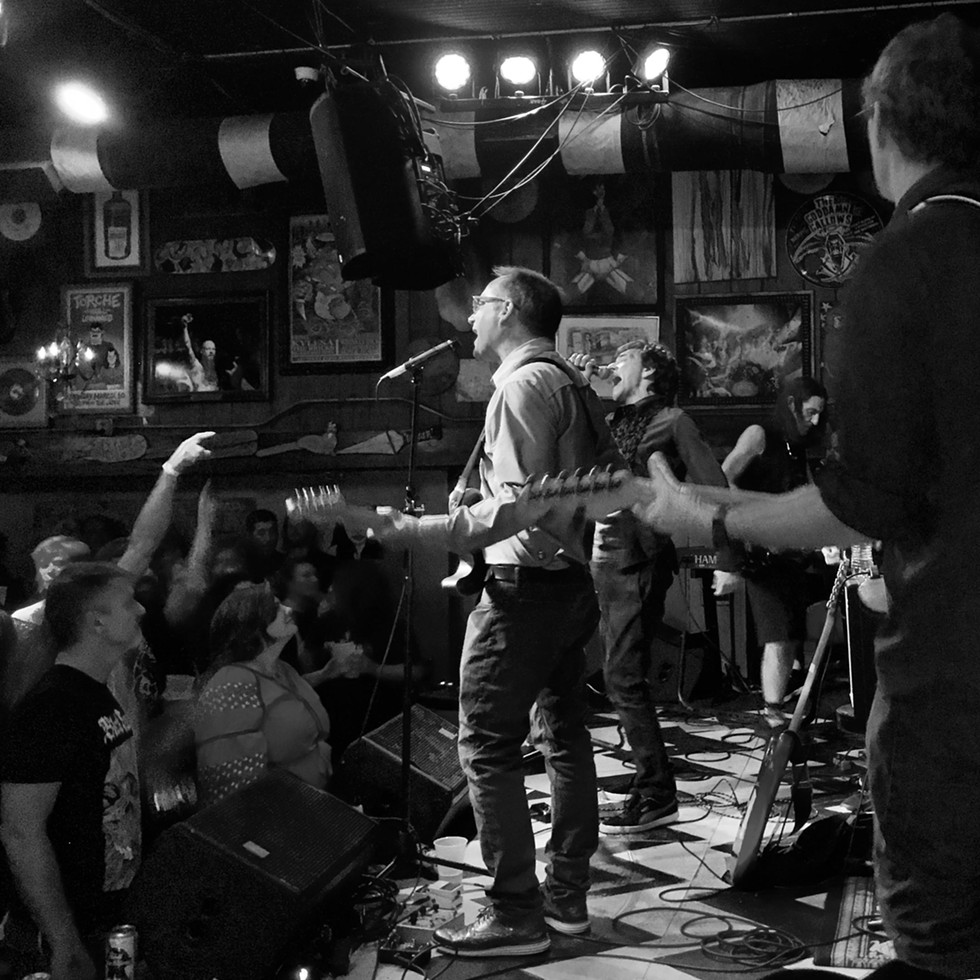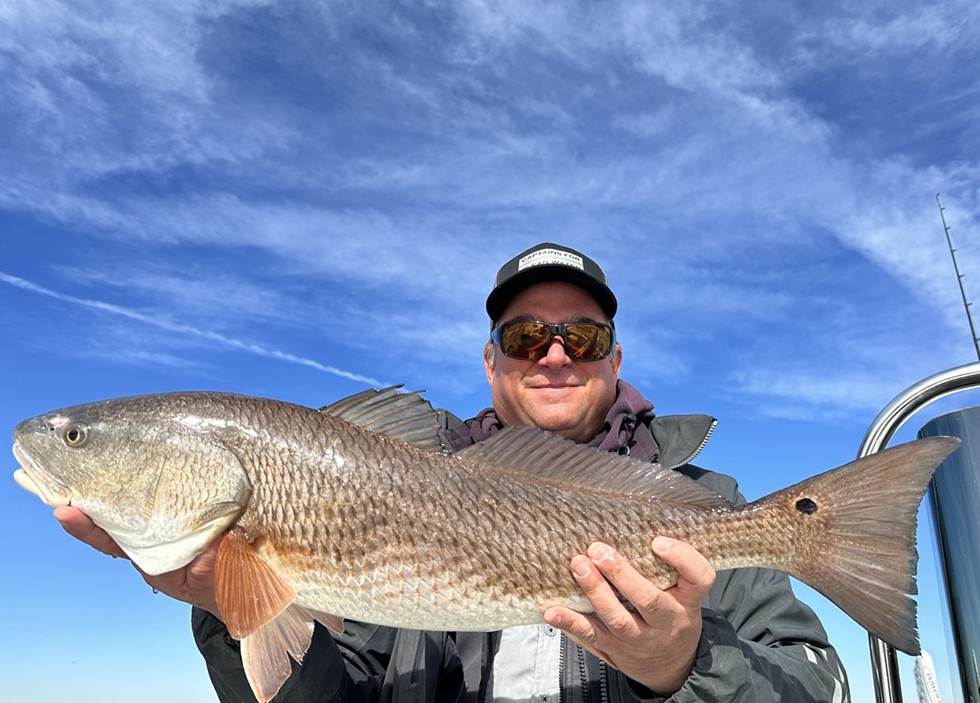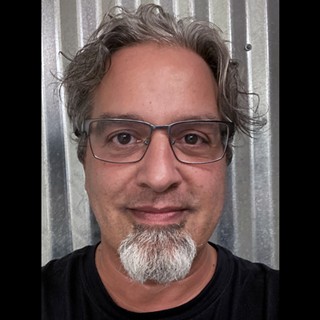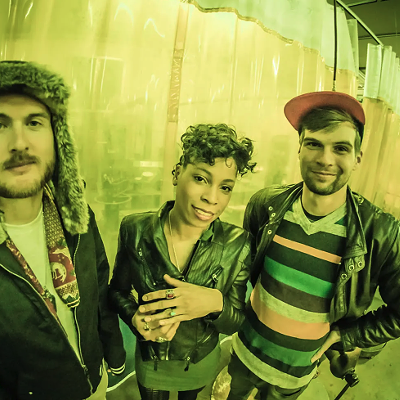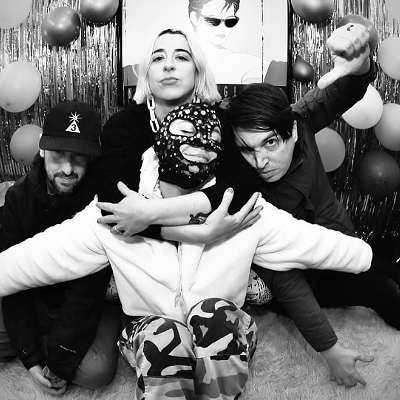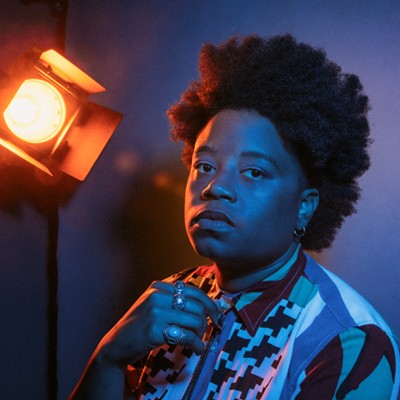Some people are
lucky enough to switch careers from something they enjoyed to something even
more rewarding. Some try to balance two passions at once. Very few people have three
professions they’re bold enough to attempt simultaneously. The phrase
“renaissance man” comes to mind, but that may not suffice to describe what
architect, musician, and fishing boat captain Kevin Rose has been up to since
arriving in Savannah in the late 1980s.
Three decades and
counting in architecture has allowed him to put his mark on an impressive list
of places both music and food fans in the Hostess City enjoy, like Starland
Yard, Sea Wolf, Late Air, B. Matthews, Service Brewing, Trustees Garden,
Victory North, the eagerly anticipated new location for The Jinx and so many
more.
Kevin has also
been a member of the legendary Savannah alternative rock band GAM, fronted by
the late Keith Kozel, an incredible performer, and offshoot band Superhorse.
Our coveted
coastal waterways fuel and inspire him, providing the natural beauty, calmness
and tranquility needed to make this unique combination of endeavors work. The
irony of being grounded by the water is something many Savannahians can relate
to.
Kevin grew up in
Taunton, Massachusetts and came to Savannah to study architecture at SCAD. He
spoke with Connect Savannah about his work on and off the water.
When did you graduate from SCAD?
I graduated in 1991 with a bachelor’s in architecture. And then, one day, I was living on Maupas [Avenue], and it was probably five or so years after I had graduated, and I got a master's in the mail randomly. It was backward reciprocal or whatever because they got their program certified as a five-year Master’s. That’s how I got my M.Arch.
Then you went to work for an architect?
I worked all the way through school. My first job over the summer was for a small firm. I worked for Lee Meyer and did a lot of SCAD work for the Clark Hall building.
It was a
preservation job that made it to the press as the preservation license plate. It
was cool. I also did work for Lee and Bobby's Diner which is now Strangebird. Then
I went to work for Lominack Kolman Smith Architects and stayed there for
30 years.
During most of those years, you were in bands, so I'm assuming these were employers cool enough to let you take time off to go out on tour.
Yes, they were very generous to let me travel. I got my stuff done, and they let me go.
Was this while GAM was a working band or Superhorse?
No, it was GAM. Superhorse was something Keith wanted to try that was a little more straightforward rock and roll. A fun side project.
Superhorse was just you and Keith from GAM?
Yeah, the two of us from GAM and a different rhythm section. Jim Reed on drums, Gene Lyons on bass, Bobby Holmen and Sebastian Edwards on guitar and Jason Anderson on keyboards.
We had a lot of
fun. We would disappear for two years and then not play and then do a show. That
was a lot of fun and a good outlet for Keith's other songs that didn't quite
fit in with GAM.
Did you have a moment when GAM or Superhorse came to an end? That “oh God, I’ve got to get serious about work” decision? By this time, you got married and started a family.
We toned everything down, you know, there wasn't any touring anymore. I'll never forget sitting in a conference room with the band's lawyer in New York overlooking Central Park around 2000.
He looked at me
and told me the story about the day he knew he needed to stop trying with the
band he was in. He said, “You're a phenomenal band, but you know, we just had
the Seagram's merger. The music business is upside down. It's just not
happening for anybody right now.”
He brought
everybody out to see us, we showcased for everybody, and we had offers but then
the Seagram’s merger happened, and all the labels became basically two.
And we were
actually in New York when it was going on, on 53rd Street. We watched laid-off industry
people leave the labels with boxes while we were in town to play Brownies that
night. That's where all the industry people hung out. We played there with
Grand Mal and all these guys were trashed because they had all lost their jobs
and some of the bands were there because they had all been dropped.
It was a perfect
storm of hundreds or maybe thousands of bands shelved like they were folding or
downsizing.
By this time, were you already into fishing? I don’t think you were a captain yet, but did you have your own boat?
I got my boat in 2005 a few years after all that early 2000s band stuff. I had friends that fished. I got hooked on it, and Jason from Superhorse had a boat, and I’d fish with him quite a bit.
But you know,
when you're at an art school, no one fishes. So I did the music thing and then
started fishing more. Then, I sold a guitar that I bought for very cheap from a
blues guy in West Virginia. I paid twenty-eight hundred dollars, and I sold it
for twenty-three thousand. And I bought a boat.
The best
investment I've ever made was poured into what everyone calls the worst
investment anyone can make.
And at the time, were you still a working architect?
Yeah, and that was just a fun boat, right? Then the economy tanked in 2008, and my wife at the time said you need to sell the boat. I had a better idea. I thought, since no one is buying boats right now, I'm going to start guiding. I got my captain’s license, and I would just sit at Bull River Marina, and people would come up, and I’d take them fishing. And at night I might run sound at the Lucas Theatre and then go over to Wild Wings and run sound there till 3:00 in the morning and then get up at 6:00 and take people fishing in the morning.
It was a means to
an end. There wasn't a lot of architecture work, then I did fishing and working
as a sound man. And the Bull River Marina folks were great to me. The first two
years, I was learning on the go, you know, it was fake it ‘til you make it.
Architecture was slow at the time, but you were still employed there. You’re now a fishing boat captain in the morning, and you’re working live sound and still playing here and there. And you were getting into competitive fishing, too. How was this supposed to all work?
It just fell into place and cool people helped. I took the class with the son of the owner of Old River Marina, and he said, “Dude, you and my dad would probably get along.”
Right after we
finish the class, I fished in their redfish tournament and it was an angler
tournament, meaning that it's not a boat tournament. Any angler on the boat
could win, and I got first and third, and then the owner said, “Amen, you're
fishing for us.”
Everything just
fell into place.
When the economy improved, and more architecture work picked up, you're still at Lominack Kolman Smith, but at the same time, you're playing music here and there and doing a lot of sound work, and you got the boat at five in the morning almost every day.
There were a lot of seven-day weeks because I was dipping into different things. I would just sit at the marina, and people would see the sign and stop. By being available, I was able to keep busy.
But right now in
my life, it's too much. I've cut back a lot on the fishing for money. I've
tried to do it more fun and go with friends and introduce people to the water
that don't get a chance to. I really believe that if you live in Savannah
and you don't go out on the water, you're missing 80% of it. We have
beautiful architecture here, but our marshes are so untouched and huge that if
you're not looking at it and you're not spending any time out there, you're
just missing out.
When I first moved here and heard people talk about the marsh, it was odd to me because where I grew up, the swamps in New Jersey were contaminated with toxic waste. It didn't take much time on a boat here to see the difference. You can see it just driving to Tybee. The marsh is beautiful and so alive.
Yeah, and we've protected our coasts. Florida, their waterways are all concrete bulkheads. Georgia is trying to control development. I can take somebody out on the boat, and we can ride for 20 miles and not go by a single house. That is pretty remarkable. We might be going in a circle a little bit because it's nothing as the crow flies, but it's miraculous that we have that because other states don't. Most coastal areas load their waterfront with tall hotels. Ours are the least developed.
When architecture work picks up, how did you transition from Lominack Kolman Smith to your own shop?
I felt like it was time, you know, and I love my former employer. I guess I reached a point where I'd talked about this kind of concept where I didn't want to start a firm. I wanted to start a business that was the single point source. It's like that Italian restaurant where the guy buys the food in the morning, prepares and cooks the food, delivers it to your table, turns on the radio, and does everything. It’s his idea of this kind of single point source. It's not a big firm, it's a bit renegade in a sense, but the clients get that personal touch.
Everyone that
works with me gets to have a life. If someone wants to work from home today, it's
fine. You're going to visit your aunt somewhere; we just log in. Get it done. Have
a job and have a life.
It was time to
see if that would work, and it flourished. It'll be two years in July. It's
great.
Do these things, architecture, boating and fishing, and music all connect in some way for you?
It's probably easier to draw a connection between architecture and music because there's the famous quote, “Architecture is frozen music.” I freeze music.
You grew up near the coast of Massachusetts; you moved to another coastal city for school and stayed. Got a boat, went deep. What is it about the water that draws you?
It's proven that it's just it's relaxing. There have been some mornings in the gloaming when the sun's not up yet. But the sky is just amazing, and the birds, there's something powerful about getting up before the rest of the world right and being out and seeing the green heron on the dock when I get there in the morning and just taking a moment to look at that and things all start to fall into place. Sometimes I pick up clients from Miss Judy's dock, so I have roughly 25 minutes on the boat in the morning riding over there by myself, and the nice part is it's usually right at the gloaming and right at sunrise because I can't take people out in the dark. It's just the most gorgeous time of day. Sometimes the water is like glass. The reflection and everything that too many people never stop and look at how gorgeous things are. It’s really grounding, you know.
And that 20
minutes in the morning, I could have the biggest brat on the boat for four
hours after that, and I am ready. It's a great reset.
I’m lucky to
introduce people to the area from that perspective. I’ve met so many amazing
people doing my job. It's a service industry. You don’t have to be the best
fisherman; you have to make sure that people have a great time and experience.
Catching fish is the easy part.
A good friend of
mine said that people ask about birds so I've learned a lot over the years, but
the best way to identify a bird is when it's flying away because they can't
call you on it. Learning about our native flora and fauna and being connected
to that around here is just amazing.
Everyone in Savannah should experience the marsh with more than just a booze cruise.


